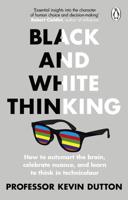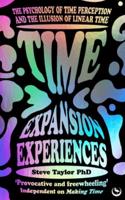Publisher's Synopsis
This is a comprehensive, introductory textbook on the central topics, issues and debates in the philosophy of psychology. The book seeks to do three things: firstly, to critically examine the philosophical issues that the practice of psychology raises and the concepts employed in psychological theorizing. Secondly, to explore how psychology can suggest ways of resolving philosophical problems. Thirdly, to investigate how philosophy might provide ways of improving psychology - many philosophical arguments, if correct, have consequences for the direction of psychological theorizing and the concepts it should employ. Chapters cover folk psychology, functionalist understanding of the mental in psychology, the computational view of the mind, connectionist approaches to modeling cognitive processes, the representational nature of mental states, the notion of representation, ecological psychology, robotics and artificial life, dynamicist approaches to cognition and the problem of phenomenal consciousness.;Written with the needs of both philosophy and psychology students in sight, the book is a suitable text for the growing number of undergraduate and MA courses on the philosophy of psychology offered by departments of philosophy as well as for foundational courses in psychology.









